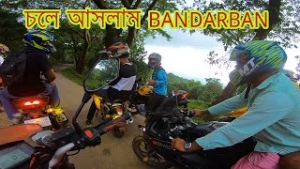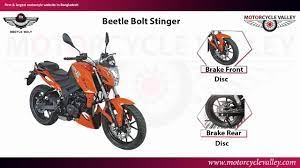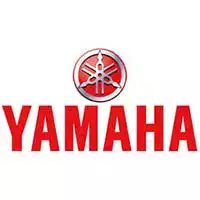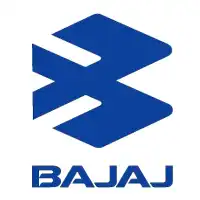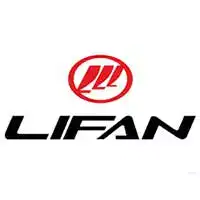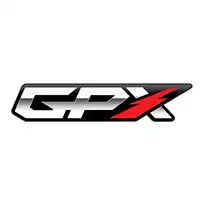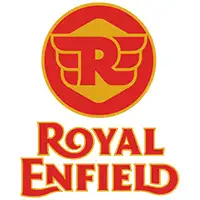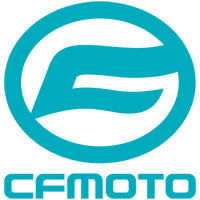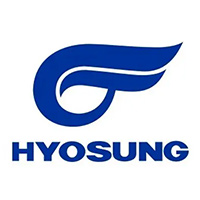Market SHares of Motorcycle Brands in Bangladesh
Market SHares of Motorcycle Brands in Bangladesh
Recently, two leading brands — Japanese Suzuki Motor and Indian Mahindra — have entered the country’s two-wheeler market via partnerships with local companies, to go with the nine other international and two local brands already in operation.
“India, the largest motorcycle market in Asia, has now become saturated; so manufacturers are shifting their focus to Bangladesh,” said Matiur Rahman, president of Bangladesh Motorcycle Manufacturers and Assemblers Association.
Hafizur Rahman Khan, chairman of Runner Automobiles Ltd, a leading motorcycle maker, said the country’s financial health, which is better than its South Asian peers, has been a key factor in attracting the international brands.
“Our exports and inward remittances are on the rise and our currency has remained stable for a long time now — all these factors played a part.”
Regardless, the president of the association insists the country has tremendous prospect for motorcycle sales seeing that a proper transportation system is yet to be established.
“A growing number of city-dwellers now go for motorcycles to get around the heavy traffic jams. Plus, it is the most convenient mode of transport in the rural areas, especially on the narrow village roads,” said Rahman of the association.
Katsumi Takata, general manager of Suzuki Motor Corporation’s global motorcycle marketing, recently tipped the country’s annual sales to hit the 1.4-million mark in the near future, despite the negative growth experienced last fiscal year.
In fiscal 2012-13, the assemblers and manufacturers altogether sold 182,764 units of motorcycle, down 29.3 percent from the previous year, according to the association.
The assemblers sold 152,384 units of motorcycles, or 83 percent of the total sales during the year.
The Indian Bajaj brand, with its 49 percent share, is the clear market leader, followed by two other Indian brands — Hero Honda and TVS Auto.
Rahman’s company Uttara Group assembles the Bajaj motorcycles in the country, while the state-owned Atlas Bangladesh Ltd does the Hero Honda brand, which has a 16 percent market share.
Although a host of models are available, the 100cc and 150cc ones, which cost between Tk 1.20 lakh and Tk 2 lakh, are the most popular.
The Uttara Group MD also highlighted the discrimination faced by the motorcycle assemblers, who pay a total of 107 percent duty including 25 percent customs duty on completely knocked-down (CKD) imports, whereas the local manufacturers pay up to 12 percent.
The assemblers said they want to turn their factories into full-fledged manufacturing units. “But we are failing to do so due to unfavorable policy,” Rahman said.
According to customs rules, an assembler will be termed a manufacturer if its value addition is at least 30 percent and if it can produce 10 percent of the selected parts such as frame, main stand, side stand, real swing arm, handle bar, tension rod and engine clamp, locally.
A manufacturing unit will also have to have power coating plant and other facilities for injection molding, dye casting, salt spray testing, pipe bending, and hydraulic press, according to a notification of the National Board of Revenue. But the companies should be given freedom on what they would manufacture, otherwise the industry would not flourish, said Rahman.
Biplop Kumar Roy, business head for two-wheeler at TVS Auto Bangladesh, also echoed the same. “We have a plan to set up a manufacturing unit. But before that, we want to see a shift in policy.”
Bike News
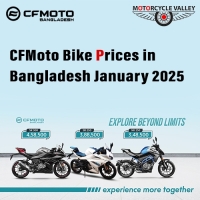
CFMoto is currently the most exciting motorcycle brand in the sports bike segment in the Bangladeshi motorcycle market, one of...
English Bangla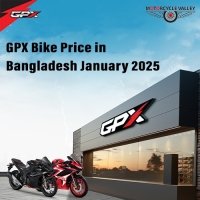
Among the foreign premium quality brands, one of the best motorcycle brands in Bangladesh is the Thai brand GPX, which is main...
English Bangla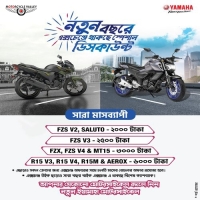
A unique arrangement of Yamaha in customer service is Bike Exchange which is only offered by Yamaha throughout the year for Ya...
English Bangla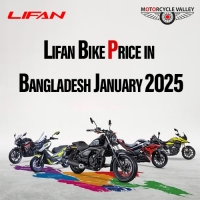
Lifan is a very well-known name among bike lovers in Bangladesh and one of the reasons for this recognition is to provide the ...
English Bangla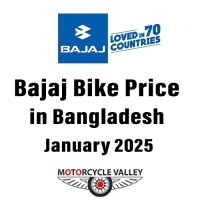
A large portion of those who use bikes for general needs in Bangladesh recommend buying Bajaj bikes in terms of buying advice ...
English Bangla



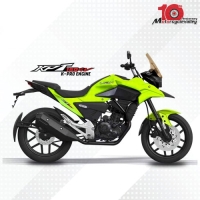
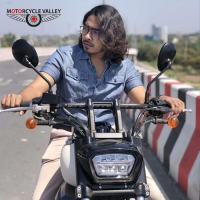
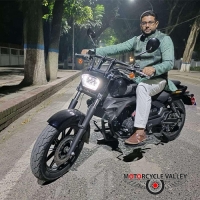
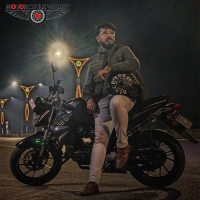
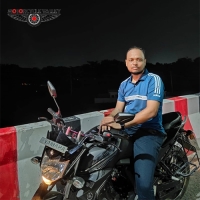
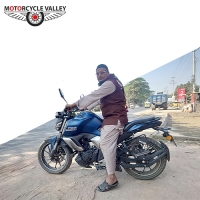
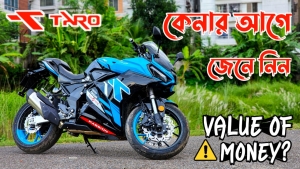
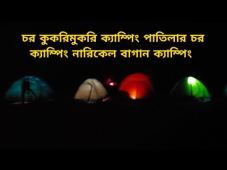
-1654832804.jpg)
